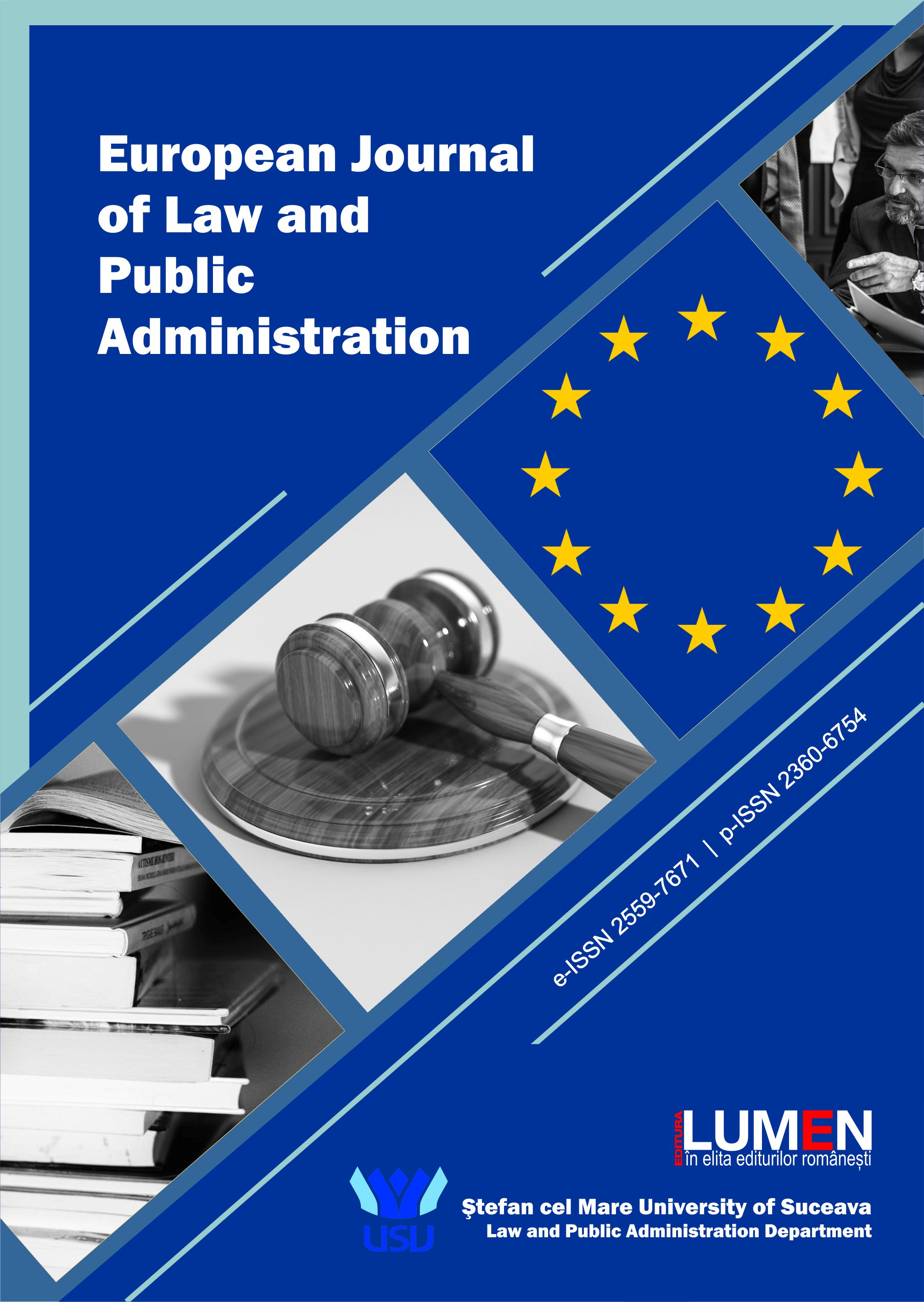To the Issue of Determining the Criteria for Differentiating Human Rights Into Absolute and Relative
To the Issue of Determining the Criteria for Differentiating Human Rights Into Absolute and Relative
Author(s): Serhiy Melenko, Dan ParanyukSubject(s): Social psychology and group interaction, Personality Psychology, Psychology of Self, Psychoanalysis
Published by: Editura Lumen, Asociatia Lumen
Keywords: Human rights; absolute and relative rights; the right to life; prohibition of tortures.
Summary/Abstract: Based on logical-gnoseological and axiological analyses, the article under studies presents an attempt of ontological research regarding the division of a wide range of human rights into absolute and relative ones. This article is a continuation of the authors’ investigation [9] on scientifically substantiating the problem of determining some features that make it possible to find out, which group (absolute or relative) a certain human right belongs to, according to the European Convention for the Protection of Human Rights and Fundamental Freedoms from 1950 (further – the Convention) [5]. The right to life and the right to absolute inviolability of the individual have been selected as the principal samples of this research. Taking into consideration the essence of certain cases, considered by the Strasbourg Court, as well as some other normative-legal acts, the authors of the article under discussion offer a few identification “markers”, which should lay the foundation of differentiating human rights. In addition, they question the present-day indisputable division of human rights into absolute and relative. Consequently, this article is of a rather debatable nature, since it aims at clarifying certain phenomena and notions in the field of the issue under investigation.
Journal: European Journal of Law and Public Administration
- Issue Year: 6/2019
- Issue No: 2
- Page Range: 101-108
- Page Count: 7
- Language: English

